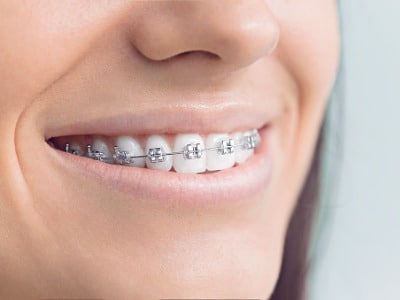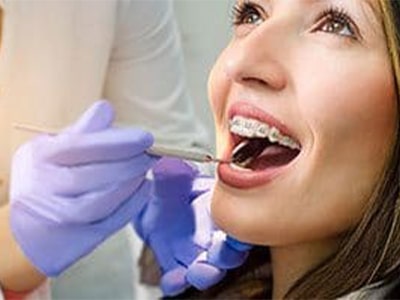
Orthodontist Lone Tree – Greenwood Village Invisalign Braces
Orthodontist Lone Tree CO Greenwood Village Invisalign Braces


The ever-popular selfie gives teens a confidence boost and social media is the ideal platform to broadcast themselves to the world. So much so, that:

Read More


Compared to the drastic increase in the price of a house or car in the last 20 years, you will get more value with orthodontic treatment as it typically lasts longer than most people keep a car or even the same house. With proper oral hygiene, the beautiful new smile you achieve with Dr. Kevin Theroux and Dr. Brooks Barefoot at Total Orthodontics can last a lifetime at an unbelievable value.
Speaking of value, let’s discuss the value of the orthodontic treatment process itself. No two smiles are alike and, for this reason, we spend an enormous amount of time and energy into the treatment of each one of our patients. Using the latest advances in orthodontic and dental technology, we are able to create custom orthodontic treatment plans based on your specific needs.
From your first visit, Dr. Kevin Theroux and Dr. Brooks Barefoot at Total Orthodontics performs a clinical exam to determine if orthodontic treatment is necessary or not. Next, your diagnostic records are taken and analyzed in order to diagnose potential orthodontic problems. A treatment plan is then created detailing step-by-step how these oral issues will be resolved. Depending on your plan, treatment can take anywhere from 18 to 24 months to complete with visits to our office every 6 to 10 weeks for adjustments.

A 2010 study in Denmark discovered a relationship between midnight snacking and tooth loss. Over a six-year period, a group of over 2,000 adults (8% labeled “nocturnal eaters”) were found to have significantly increased their chances of tooth loss from repeated midnight snacking.
Nocturnal eaters were classified as those who eat a quarter or more of their daily calories after dinner several times per week. This also includes those who wake up in the middle of the night to eat a snack.